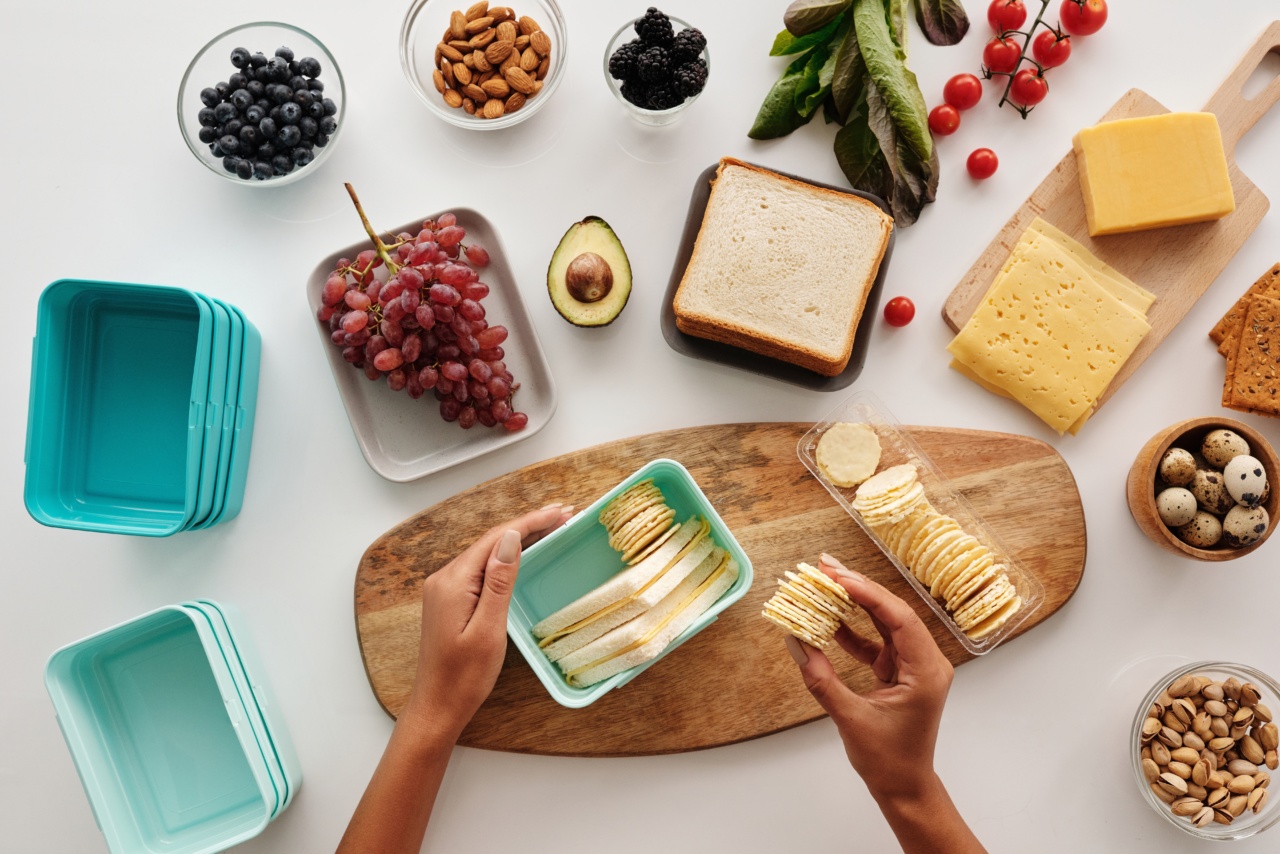Fibromyalgia is a chronic condition that affects the muscles, joints, and tendons. People with fibromyalgia often experience pain, fatigue, and stiffness. While there is no cure for fibromyalgia, making changes to your diet can help manage symptoms.
Certain foods can trigger inflammation and aggravate fibromyalgia symptoms. In this article, we will discuss the foods to avoid in a fibromyalgia diet.
Sugar, Artificial Sweeteners, and Added Sugars
Sugar in any form can cause inflammation, which can worsen fibromyalgia symptoms. Artificial sweeteners can also cause similar effects on the body. Added sugars can be found in many foods such as sodas, candies, baked goods, and even granola bars.
When shopping for foods, make sure to read the labels and choose products that do not contain added sugars or artificial sweeteners.
Caffeine and Alcohol
Caffeine and alcohol can interfere with sleep, which is crucial for people with fibromyalgia to manage symptoms. Caffeine is a stimulant that can worsen anxiety and elevate heart rate and blood pressure. Alcohol can cause dehydration and worsen fatigue.
It is best to limit caffeine and alcohol intake, particularly in the evening.
Processed Foods and Fast Foods
Processed and fast foods are often high in salt, sugar, and unhealthy fats. These foods can cause inflammation and impair the body’s ability to absorb nutrients from other foods.
Additionally, many processed and fast foods contain additives and preservatives that can worsen fibromyalgia symptoms. It is best to limit or avoid these types of foods and opt for whole, nutrient-dense choices instead.
Gluten, Dairy, and Soy
Gluten, dairy, and soy are common food allergens that can trigger inflammation and worsen fibromyalgia symptoms. Gluten is found in wheat, barley, and rye. Dairy is found in milk, cheese, and butter.
Soy is found in many processed foods, but it is also a common milk and meat alternative. If you suspect that any of these foods may be contributing to your fibromyalgia symptoms, talk to your doctor and consider eliminating them from your diet.
Nightshade Vegetables
Some people with fibromyalgia report sensitivity to nightshade vegetables. These include tomatoes, peppers, eggplant, and potatoes.
While there is limited research to support this claim, it may be worth avoiding these foods to see if it helps improve symptoms.
Red Meat and Processed Meats
Red meat and processed meats are high in saturated fats and have been linked to inflammation. They can also cause digestive issues and worsen fibromyalgia symptoms related to the gut.
If you choose to consume animal products, try to opt for lean proteins like chicken, fish, and turkey. Avoid processed meats like sausages, hot dogs, and bacon.
Citrus Fruits, Bananas, and Pineapple
Some people with fibromyalgia report sensitivity to certain fruits, such as citrus fruits, bananas, and pineapple. These fruits are high in histamines, which can trigger allergic reactions, and also contain certain enzymes that can cause inflammation.
If you notice that these fruits worsen your fibromyalgia symptoms, consider limiting your intake or eliminating them from your diet.
Spicy Foods
Spicy foods can cause stomach irritation and worsen digestive issues in people with fibromyalgia. Additionally, some spices can also trigger histamine reactions and inflammation.
If you enjoy spicy foods, try adding milder herbs and spices to your meals instead.
Conclusion
While there is no one-size-fits-all diet for fibromyalgia, making changes to your diet can help manage symptoms and improve overall health.
Eliminating or limiting these foods from your diet may help reduce inflammation, manage pain, and improve energy levels. Always talk to your doctor before making significant changes to your diet, and work with a registered dietitian to ensure that you are meeting your nutritional needs.






























